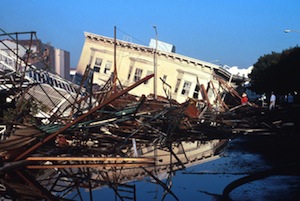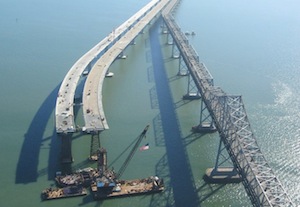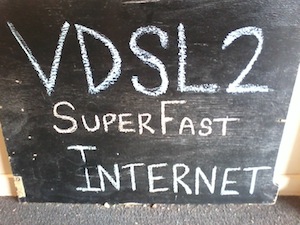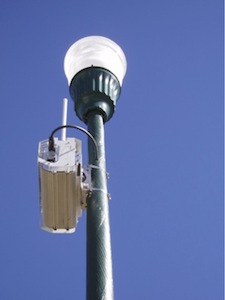Longmont voters will decide whether to back FTTH with their electric bills
broadband, community networks, ftth, google, longmont, provo, public policy
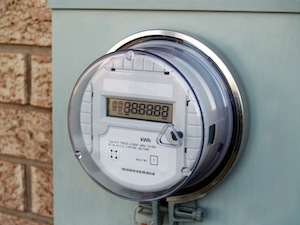
Putting broadband bonds on the meter.
As Google Fiber takes the reins in Provo, Utah, the city council in Longmont, Colorado is heading to the ballot box to, essentially, ask voters if they want to follow the same path. At least as far as using city electric bills as collateral.
The Longmont council voted in May to move ahead with plans to build a fiber-to-the-home system, leveraging an existing – and successful – municipal dark fiber business.… More



